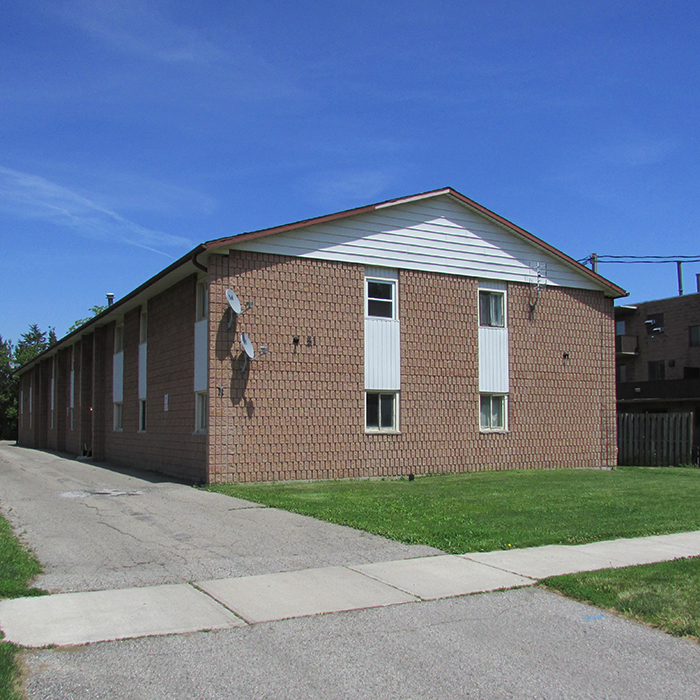
After nearly eight years of legal battles, 51 Taylor Ave. — labelled at one time as a drug house by local police — has been sold.
The Chatham-Kent Police Service worked with the provincial Ministry of the Attorney General to seize the 12-unit apartment building in August of 2007 under the Civil Remedies Act. The intent was to force the landlord to forfeit the property.
Det. Sgt. Keith Myers of the CKPS said a great deal of work went into just getting to that point 7.5 years ago.
“The planning before the place was seized was undertaken years before,” he said.
In fact, it began in 2002, as police catalogued their repeated visits to the building. It turns out police had to attend that property more than 300 times, serving more than 20 search warrants, making nearly 50 arrests and laying more than 115 charges.
Police looked for an alternative way to fight this problem. Enter the Ministry of Attorney General.
Myers said it has been a long battle, but a worthy one.
“It worked out well. The ultimate goal was not so much to seize the building per se, but to bring a little peace to the community,” he said, adding law-abiding citizens who live in the neighbourhood were a big help in making this happen.
“The people; they’re engaged and they deserve a lot of the credit as well.”
Myers said the case was precedent setting, as it is the first multi-unit residential dwelling to be seized in Ontario under the Civil Remedies Act. He credits the ministry with choosing the right fight.
“The ministry did a great job. You pick and choose your battles and they chose to go all the way with this one,” he said.
The landlord didn’t just give up. He instead took the matter to court, repeatedly.
The legal battle landed in Superior Court, and in late November of 2012, the building was ordered forfeited.
The owner then took the matter to the Court of Appeal. On May 16, 2014, it was dismissed at that level.
It next went to the Supreme Court of Canada. In early December of last year, that court tossed the matter.
A final appeal effort died in April, as the Supreme Court rejected that appeal. By the end of May of this year, the building changed hands.
“The owner fought it. You go to Superior Court, the Court of Appeal, then the Supreme Court. It’s very bizarre that the fight went on this long to that level, but he took it as far as he could take it,” Myers said.
The net proceeds from the sale will be redistributed by the province in accordance with the Civil Remedies Act.
In the end, Myers thinks the long fight was worth it.
“I think the message was sent when it was seized. You just have to be aware of the effect you have on the community. You have to be responsible,” he said. “This is more than the typical drug house.”
Myers said it wasn’t as if everyone in the building was involved in the drug trade. But living there on the right side of the law was a difficult reality for some.






